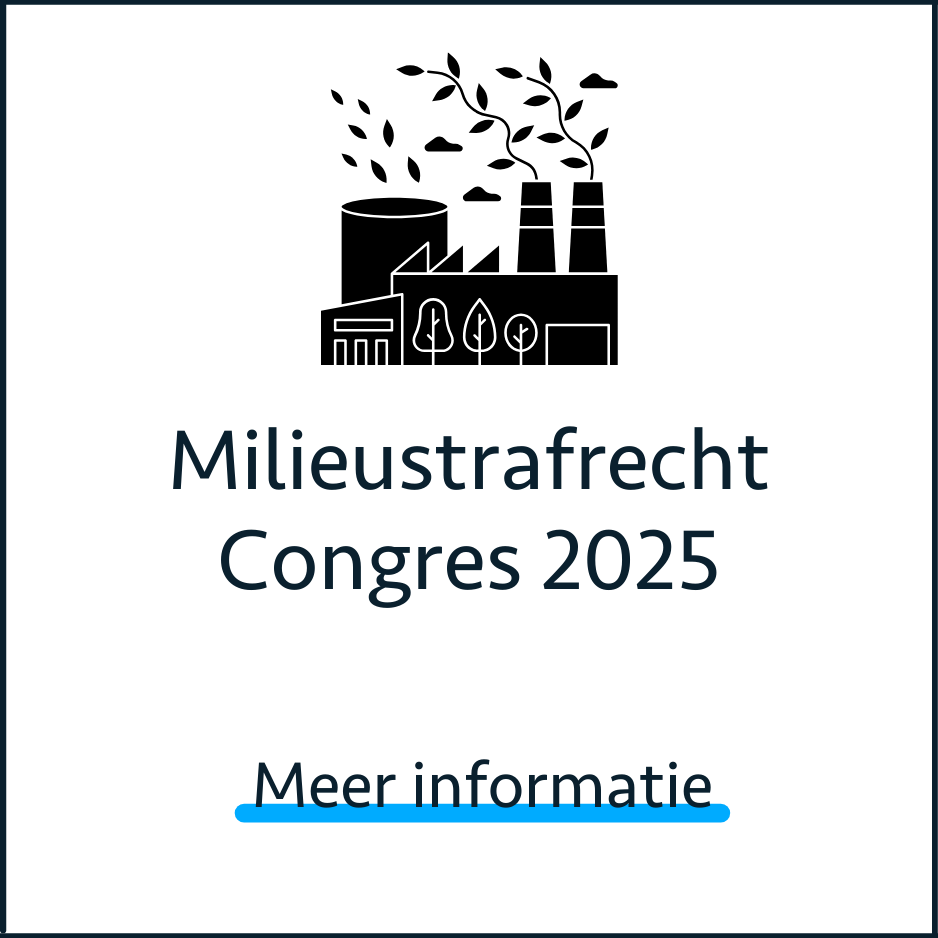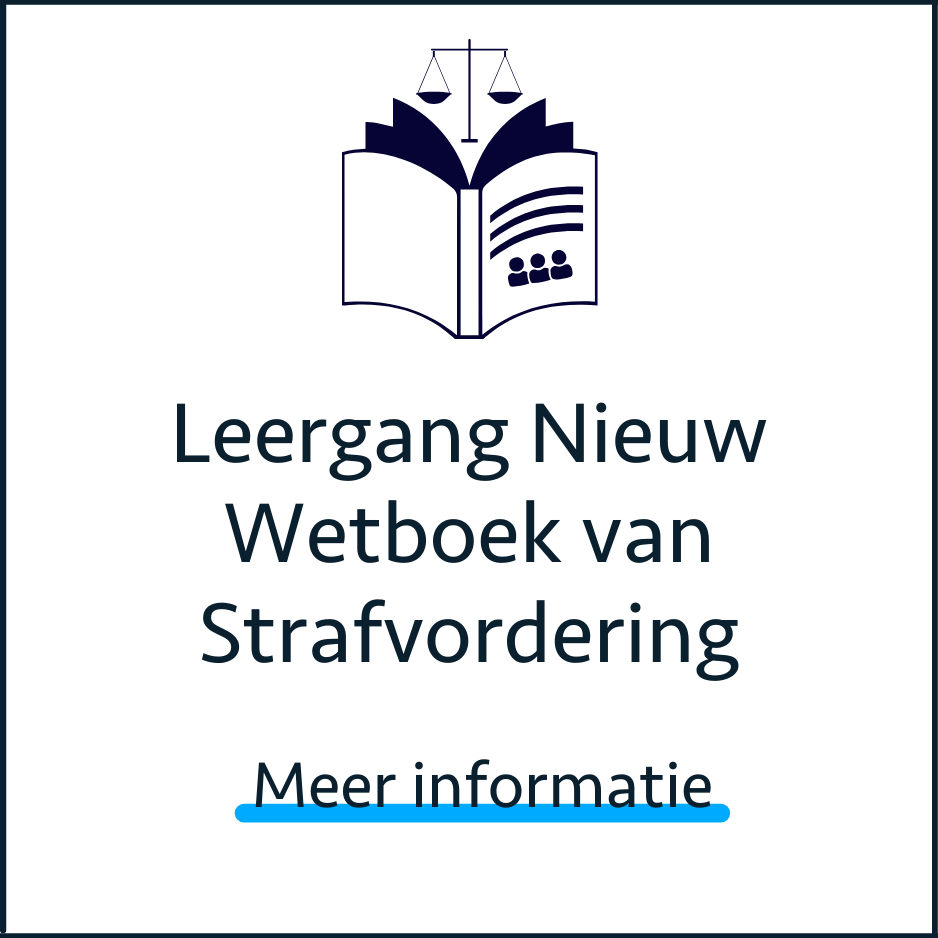EHRM: Staat mocht Telegraaf-journalisten niet afluisteren
/In the Chamber judgment in the case of Telegraaf Media Nederland Landelijke Media B.V. and Others v. the Netherlands, the European Court of Human Rights held, unanimously, that there had been a violation of Articles 8 (right to respect for private and family life) and 10 (freedom of expression and information) of the European Convention on Human Rights, as regards the use by the secret services of special powers against two journalists, Mr De Haas and Mr Mos, and by a majority, that there had been a violation of Article 10 as regards the order for the surrender of documents addressed to the publishing company Telegraaf Media Nederland Landelijke Media B.V.
The Court found that the relevant law in the Netherlands had not provided appropriate safeguards in respect of the powers of surveillance used against the applicants, Mr De Haas and Mr Mos, who are both journalists, with a view to discovering their journalistic sources. It also restated the importance of journalistic sources’ protection for press freedom in a democratic society and the potentially chilling effect an order of source disclosure could have on the exercise of that freedom and found that the need to identify the secret services official(s) who had supplied the secret documents to the applicants had not justified the order to surrender documents.
Principal facts
The applicants are a limited liability company incorporated under Netherlands law (Telegraaf Media Nederland Landelijke Media B.V.), publisher of the mass-circulation daily newspaper De Telegraaf, and two journalists, Mr Joost de Haas and Mr Bart Mos.
In January 2006, the newspaper De Telegraaf published articles by the two journalists about investigations by the AIVD (Netherlands secret services) suggesting that it held documents containing highly secret information that had become available in the criminal circuit of Amsterdam. Having been ordered by the National Police Internal Investigation Department to surrender the documents, the applicant company lodged an objection with the Regional Court of The Hague and invoked its journalistic privilege against the disclosure of sources. It alleged that the examination of fingerprints on the documents could lead to identification of their journalistic source of information. The Regional Court did not consider that the rights protected by Article 10 (freedom of expression and information) of the European Convention on Human Rights had been violated in the journalists’ case as they had not been required actively to co- operate in the identification of the source. It further held that the protection of State secrets had justified the interference with the right to source protection. The applicant company’s appeal on points of law (cassation) was dismissed by the Supreme Court.
In June 2006, the applicants brought civil proceedings against the State claiming that Mr de Haas and Mr Mos had been subject to telephone tapping and observation, presumably by AIVD agents. The State refused to confirm or deny the use of such surveillance powers. The applicants however alleged that these measures had been unlawful as they had in fact targeted the journalists’ sources. The Supreme Court ultimately held that the protection of journalistic sources was not absolute and that the use of special powers could not be excluded on principle.
In November 2006, Mr de Haas and Mr Mos appeared before the Regional Court to be questioned as witnesses in criminal proceedings against three individuals suspected of leaking secret AIVD information. They refused to answer questions that might lead to the identification of the person from whom they had received the secret AIVD documents. They were detained for failure to comply with a judicial order but released a few days later as the Regional Court recognised the importance of the protection of journalistic sources. The Regional Court further found that no issue of State security could arise since the availability of the documents outside the AIVD had been common knowledge in the media. One of the three individuals was convicted; the judgment mentioned that the documents seized from the applicant company had been examined by the Netherlands Forensic Institute but that no fingerprints had been found.
Complaints, procedure and composition of the Court
Relying on Articles 8 (right to respect for private and family life) and 10 (freedom of expression and information), the applicants complained about the order to surrender documents which could identify journalistic sources and about the use of special powers by the State.
The application was lodged with the European Court of Human Rights on 29 September 2006. In its decision of 18 May 2010, the Court rejected the application in so far as it was lodged by two associations – Netherlands Association of Journalists (Nederlandse Vereniging van Journalisten) and Netherlands Society of Editors-in-Chief (Nederlands Genootschap van Hoofdredacteuren) – on the ground that these associations had not themselves been affected by the matters complained of. A Chamber hearing was held on 19 June 2012 (see webcast).
Decision of the Court
Articles 8 and 10
Use of special powers
Although questions raised by surveillance measures were usually considered under Article 8 alone, they were so intertwined with the Article 10 issue in this case that the Court considered the matter under both articles concurrently.
While it was not disputed that that there had been an “interference” with the rights of Mr De Haas and Mr Mos under Articles 8 and 10, the parties disagreed on its precise nature. The Court accepted that the AIVD’s purpose had been to discover and then close the leak of secret information from within its own ranks by identifying the person(s) who had supplied the secret documents to the applicants. However, the Court recalled that “information identifying a source” included, as far as they were likely to lead to the identification of a source, both “the factual circumstances of acquiring information from a source by a journalist” and “the unpublished content of the information provided by a source to a journalist”2. Accordingly, the Court found that the AIVD had used its special powers to circumvent the protection of a journalistic source.
The Court then examined whether the interference had been “prescribed by law”. To meet this requirement, the law in question must protect against arbitrary interference by public authorities with the rights safeguarded by Articles 8 § 1 and 10 § 1, especially where the risks of arbitrariness were evident because a power of the executive was exercised in secret. In the applicants’ case, the basis for the interference in question had been the 2002 Intelligence and Security Services Act3. The Court further observed that the interference had been foreseeable, in the sense that the applicants could not reasonably have been unaware that publishing authentic classified information that had unlawfully been taken from the AIVD would likely provoke action aimed at discovering its provenance.
The Court finally turned to examine whether the applicants’ status as journalists had required special safeguards to ensure adequate protection of their sources. Unlike other cases4 where surveillance measures had not been directed at uncovering journalistic sources, the present case was characterised precisely by the targeted surveillance of journalists to determine the origin of their information. The Court recalled that in a field where abuse was potentially so easy in individual cases and could have such harmful consequences for democratic society as a whole, supervisory control should be entrusted to a judge or an adequate independent authority. Yet, in the applicant’s case, the use of special powers had been authorised without prior review by an independent body with the power to prevent or terminate it. Moreover, review after the facts could not have restored the confidentiality of journalistic sources once it had been destroyed. The Court therefore concluded that there had been a violation of Articles 8 and 10 as the law had not provided appropriate safeguards in respect of the powers of surveillance used against Mr De Haas and Mr Mos with a view to discovering their journalistic sources.
Order to surrender documents
It was not in dispute that the surrender order had constituted an “interference” with the applicant company’s freedom to receive and impart information and that this interference had a statutory basis, namely Article 96a of the Code of Criminal Procedure.
Moreover, the documents taken from the AIVD had been kept in a safe unopened during judicial proceedings, following a procedure which had a statutory basis (the Code of Criminal Procedure) and to which the applicants had agreed. The interference complained of had thus been “prescribed by law”. The parties also agreed that the aims pursued by the interference had been, at the very least, “national security” and “the prevention of crime”, hence legitimate aims.
The Court then examined whether the interference had been necessary in a democratic society, that is whether it had corresponded to a “pressing social need”, whether it had been proportionate to the legitimate aim pursued and whether the reasons given by the national authorities to justify it had been relevant and sufficient.
The Court first observed that without protection of journalistic sources, the vital public- watchdog role of the press could be undermined and the ability of the media to provide accurate and reliable information could be adversely affected. Having regard to the importance of the protection of journalistic sources for press freedom in a democratic society and the potentially chilling effect an order of source disclosure could have on the exercise of that freedom, such a measure was not compatible with Article 10 unless it was justified by an overriding requirement in the public interest.
The Court found that the need to identify the AIVD official(s) who had supplied the secret documents to the applicants had not justified the surrender order. Indeed, the person(s) in question could have been found simply by studying the contents of the documents and identifying the officials who had had access to them. Further, while the Court accepted that it had been legitimate for the AIVD to check whether all documents taken had been withdrawn from circulation, it had not been sufficient to justify the disclosure of the applicant’s journalistic source. The Court noted in that connection that this withdrawal could no longer prevent the information which they contained from falling into the wrong hands in any case, as it had probably long been known to persons described by the parties as criminals.
Finally, the Court observed that the actual handover of the documents taken had not been necessary as visual inspection to verify that they were complete, followed by their destruction, would have sufficed.
The Court thus concluded that the Government had not given “relevant and sufficient” reasons for the order to surrender documents, and that there had been a violation of Article 10.
Just satisfaction (Article 41)
The court held that the Netherlands were to pay the applicants 60,000 euros in respect of costs and expenses.
Separate opinion
Judges Myjer and López Guerra expressed a joint partly dissenting opinion.











